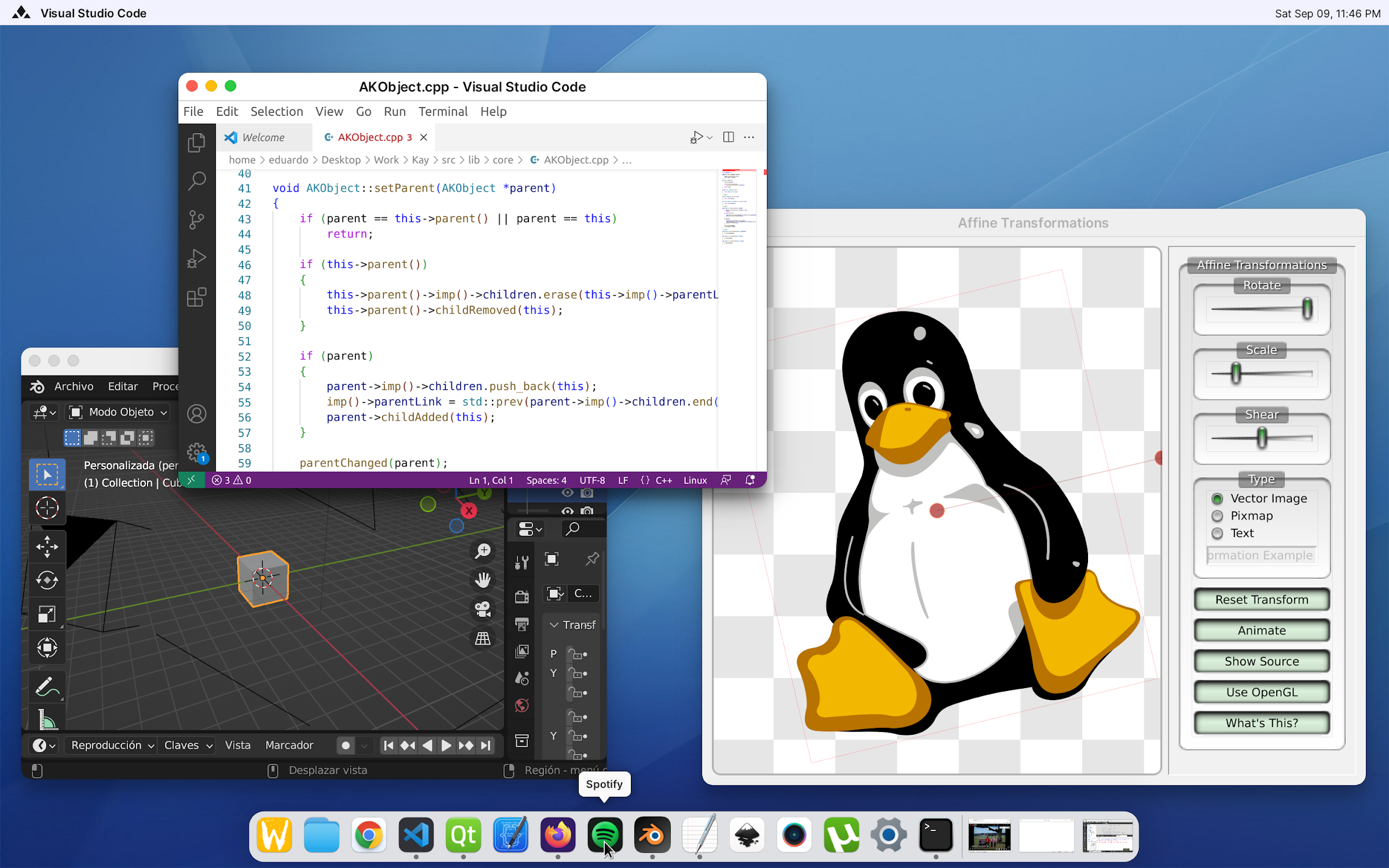this post was submitted on 14 Nov 2023
229 points (99.1% liked)
Linux
47940 readers
1354 users here now
From Wikipedia, the free encyclopedia
Linux is a family of open source Unix-like operating systems based on the Linux kernel, an operating system kernel first released on September 17, 1991 by Linus Torvalds. Linux is typically packaged in a Linux distribution (or distro for short).
Distributions include the Linux kernel and supporting system software and libraries, many of which are provided by the GNU Project. Many Linux distributions use the word "Linux" in their name, but the Free Software Foundation uses the name GNU/Linux to emphasize the importance of GNU software, causing some controversy.
Rules
- Posts must be relevant to operating systems running the Linux kernel. GNU/Linux or otherwise.
- No misinformation
- No NSFW content
- No hate speech, bigotry, etc
Related Communities
Community icon by Alpár-Etele Méder, licensed under CC BY 3.0
founded 5 years ago
MODERATORS
you are viewing a single comment's thread
view the rest of the comments
view the rest of the comments

There's desperate need to a library that's simpler to use than wlroots or smithay - but unless it supports more protocols (later shell, gamma control, session lock), I don't think this is a real a alternative yet.
I completely agree. I invest time in implementing protocols within the library, allowing it to handle many tasks autonomously, thus relieving developers from manually wiring everything themselves—without compromising flexibility oc. Regarding "later shell," did you mean "layer shell"? Developers can certainly still implement protocols not included with Louvre on their own, but that's not quite the intended approach.
SWC has been out there for a long time. It came before Wlroots I think.
https://github.com/michaelforney/swc
I was thinking similar, though I'm also still on X with nVidia and XFCE and am in a weird way* with programming.
I have my own custom XFWM theme that is really minimal (12px title with 8px tall buttons with some being wider to compensate, somewhat outdated example) and I'd like to expand upon it (floating titles, inset window buttons, dynamic button width, media integration) but I've looked at examples and don't understand enough to even get just a rectangle for a titlebar (though X I assume for something basic, X would probably still be the easiest).
*= the only language that I'm interested in (due to it being easy in a style I like while still having performance/capability/flexibility etc) is not popular, and worse is I have lost a bit of hope/confidence in its future (as well as its bus factor reducing further because the person who made the package manager+installer and a book walked away) so I still haven't really done much with it.
What programming language?
Nim-lang. some code that I actually wrote using Raylib bindings (Naylib) (+what it's loading)
I've asked about this on the Fediverse once already and didn't get any responses.
Also note that bindings for Godot 4.X (or some other not-superheavy Linux-compatible engine that has an editor especially) are a big part of what I want, so some specifics that may work on paper otherwise might not fit the bill either. Also because polygonal art (meme made with 3.X, 4.0 eye animation, not-yet-in-4.X test of someone elses' PR)